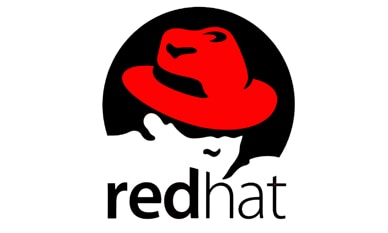
x
Course: Outline
Study points for the exam
We recommend that candidates become a Red Hat Certified Engineer (RHCE®) or, at a minimum, a Red Hat Certified System Administrator (RHCSA®) before attempting this exam, but neither is required.
To help you prepare, the exam objectives highlight the task areas you can expect to see covered in the exam. Red Hat reserves the right to add, modify, and remove exam objectives. Such changes will be made public in advance.
You should be able to:
- Understand core components of Ansible
- Inventories
- Modules
- Variables
- Facts
- Plays
- Playbooks
- Configuration files
- Install and configure an Ansible control node
- Install required packages
- Create a static host inventory file
- Create a configuration file
- Configure Ansible managed nodes
- Create and distribute SSH keys to managed nodes
- Configure privilege escalation on managed nodes
- Validate a working configuration using ad-hoc Ansible commands
- Create simple shell scripts that run ad hoc Ansible commands
- Use both static and dynamic inventories to define groups of hosts
- Utilize an existing dynamic inventory script
- Create Ansible plays and playbooks
- Know how to work with commonly used Ansible modules
- Use variables to retrieve the results of running commands
- Use conditionals to control play execution
- Configure error handling
- Create playbooks to configure systems to a specified state
- Use Ansible modules for system administration tasks that work with:
- Software packages and repositories
- Services
- Firewall rules
- File systems
- Storage devices
- File content
- Archiving
- Scheduled tasks
- Security
- Users and groups
- Create and use templates to create customized configuration files
- Work with Ansible variables and facts
- Create and work with roles
- Download roles from an Ansible Galaxy and use them
- Manage parallelism
- Use Ansible Vault in playbooks to protect sensitive data
- Use provided documentation to look up specific information about Ansible modules and commands
As with all Red Hat performance-based exams, configurations must persist after reboot without intervention.
Audience
- System administrators who need to manage large numbers of systems
- System administrators who work in a DevOps environment and who wish to automate a large part of their day-to-day workload
- Developers who have some basic systems administration background and who wish to incorporate automation into their development process
- A Red Hat Certified Engineer (RHCE) interested in becoming a Red Hat Certified Specialist or Red Hat Certified Architect (RHCA)
Prerequisites
- Successfully complete Automation with Ansible (DO407), or demonstrate equivalent experience working with Ansible to configure systems
- Being a Red Hat Certified System Administrator (RHCSA) or higher or having equivalent systems administration experience is recommended, but not required
 Print Page
Print Page